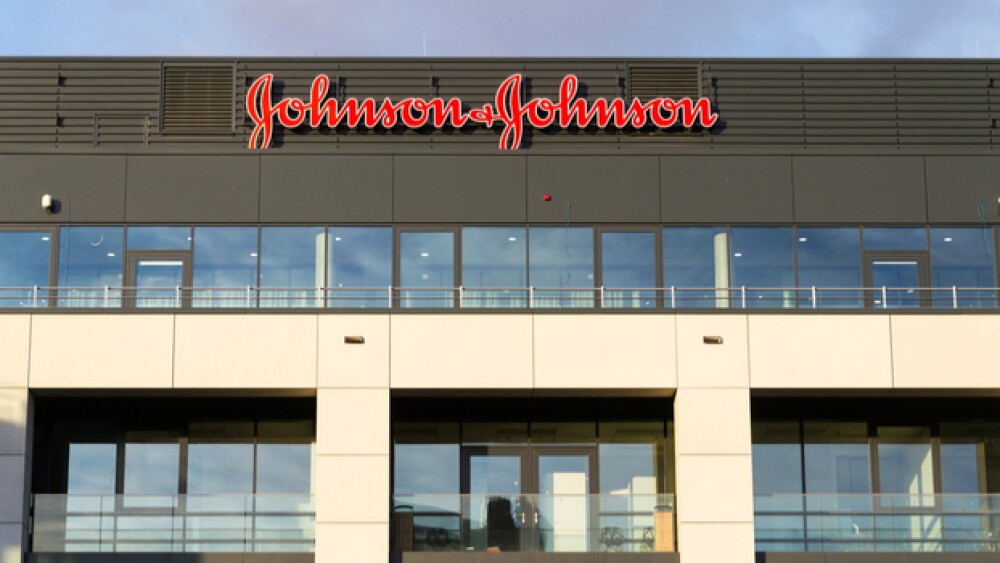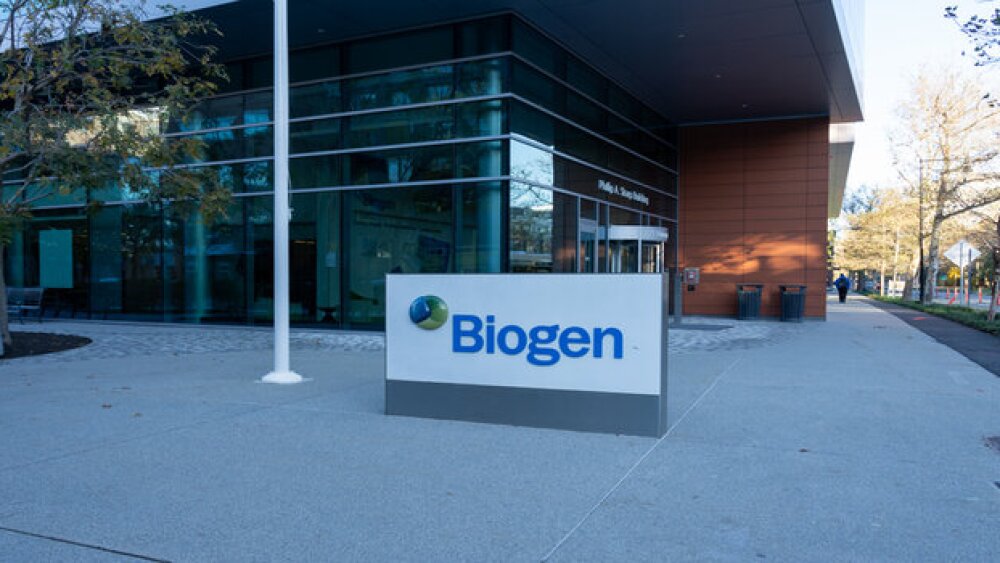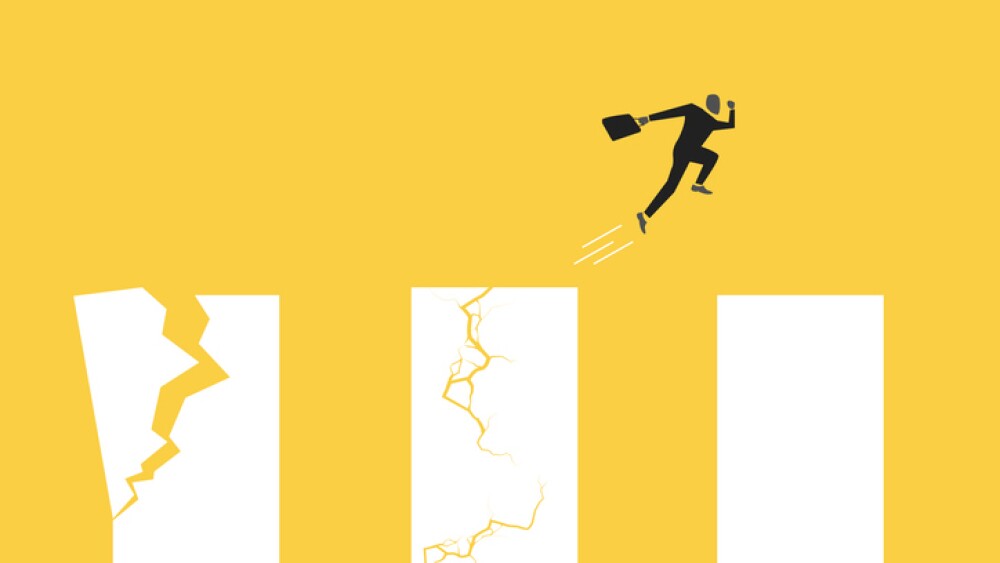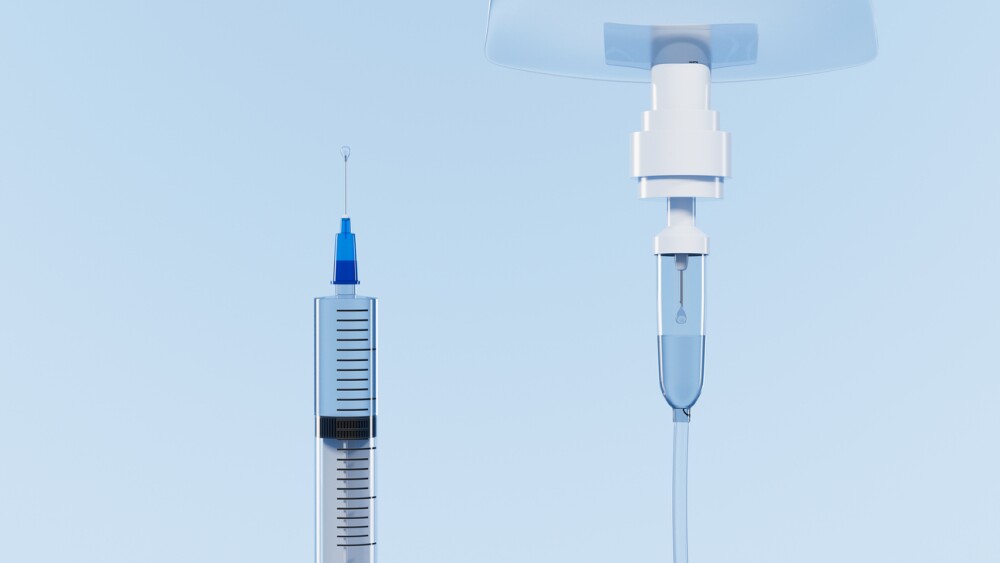In a filing with the U.S. Securities and Exchange Commission, Johnson & Johnson said it will abandon development of AL-8176, one of the assets it acquired in the Alios deal.
josefkubes / Shutterstock.com
Johnson & Johnson has taken a $900 million hit as it writes off an investigational treatment for Respiratory Syncytial Virus (RSV) and human metapneumovirus the company acquired in its 2014 $1.7 billion deal for Alios BioPharma.
In a filing with the U.S. Securities and Exchange Commission, Johnson & Johnson said it will abandon development of AL-8176, one of the assets it acquired in the Alios deal. J&J said in its filing that additional information became available that lead the company to opt to abandon development of AL-8176, an orally administered antiviral therapy. J&J did not disclose in the filing what additional information became available.
However, the latest announcement about AL-8176 comes about five months after the company disclosed it had suspended ongoing Phase IIb trials of AL-8176 due to unnamed issues regarding the medication. Johnson & Johnson said in the October 2018 filing that it would take a hit of about $630 million due to the problems with the medication. In the latest filing, J&J said the loss it has taken represents the remaining intangible asset value related to AL-8176. The loss will be reflected in the company’s financial report for the first fiscal quarter of 2019, J&J said.
AL-8176 was the cornerstone of J&J’s 2014 decision to acquire Alios. At the time of the acquisition, AL-8176 was in Phase II development for RSV. There were also assets for hepatitis C in the deal, but those were shut down as well due to the near cure developed by Gilead.
RSV is the most common cause of viral pneumonia in young children, which is the leading cause of death in children under the age of five worldwide. In the United States, RSV is the leading cause of hospitalization of infants, with an estimated number of annual cases of about 76,000.
Despite the commonness of RSV, the development of medications for it has not been easy. Not only has J&J run into issues, so have other companies. In 2017, Regeneron discontinued its RSV developmental program after a Phase III failure. Earlier this year, in February, Maryland-based Novavax saw its Phase III RSV treatment ResVax fail to hit primary endpoints. ResVax, an aluminum adjuvanted RSV fusion (F) protein recombinant nanoparticle vaccine, was being tested in infants with RSV lower respiratory tract infection (LRTI). Data from the Phase III trial showed that ResVax failed to meet the primary objective of prevention of medically significant RSV LRTI through 90 days of life.
In February, Sanofi announced it was cutting more than three dozen R&D programs, including one for RSV. Of the programs it is dumping, the most prominent is a mid-phase drug for RSV called ALX-0171, which it gained in its 2018 acquisition of Ablynx.
While there have been failures, there has also been progress. Earlier this month, Netherlands-based Virtuvax B.V. announced positive results of a first-in-human study of is intranasal RSV vaccine candidate, SynGEM. The data showed that SynGEM induced immune responses, as well as boosted long-term systemic RSV-specific antibodies for at least six months.
In February, the U.S. Food and Drug Administration gave AstraZeneca’s developmental RSV treatment MEDI8897 Breakthrough Therapy Designation. The designation will expedite the development and regulatory review of MEDI8897, which is being co-developed by Sanofi. The designation was based on Phase IIb results that showed the medication demonstrated a statistically significant reduction in the incidence of medically-attended LRTI caused by reverse transcriptase polymerase chain reaction-confirmed RSV, for 150 days after dosing in healthy preterm infants, AstraZeneca said. Last year, AstraZeneca sold the rights to its RSV drug Syngasis to Sobi for $1.5 billion.





